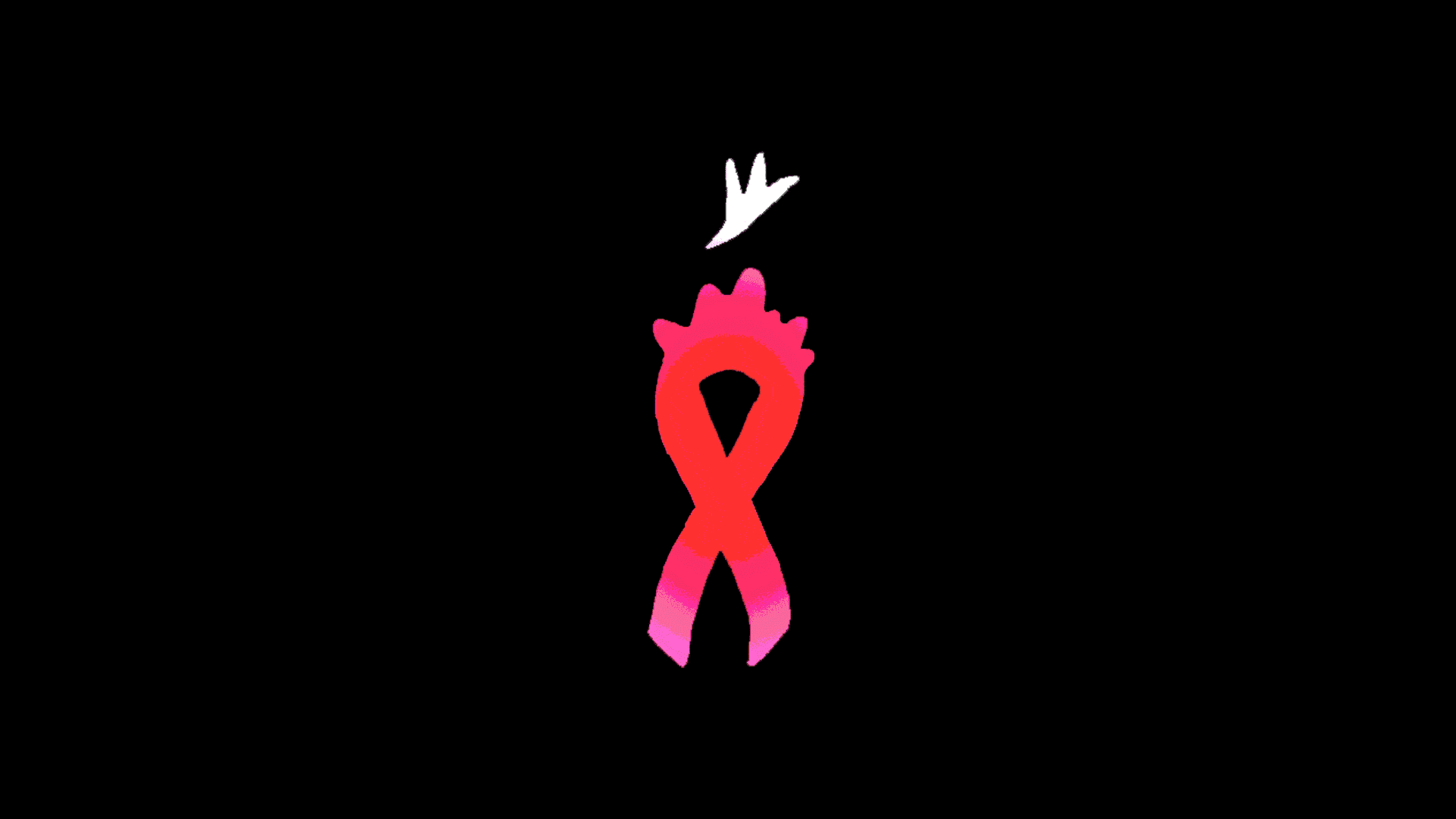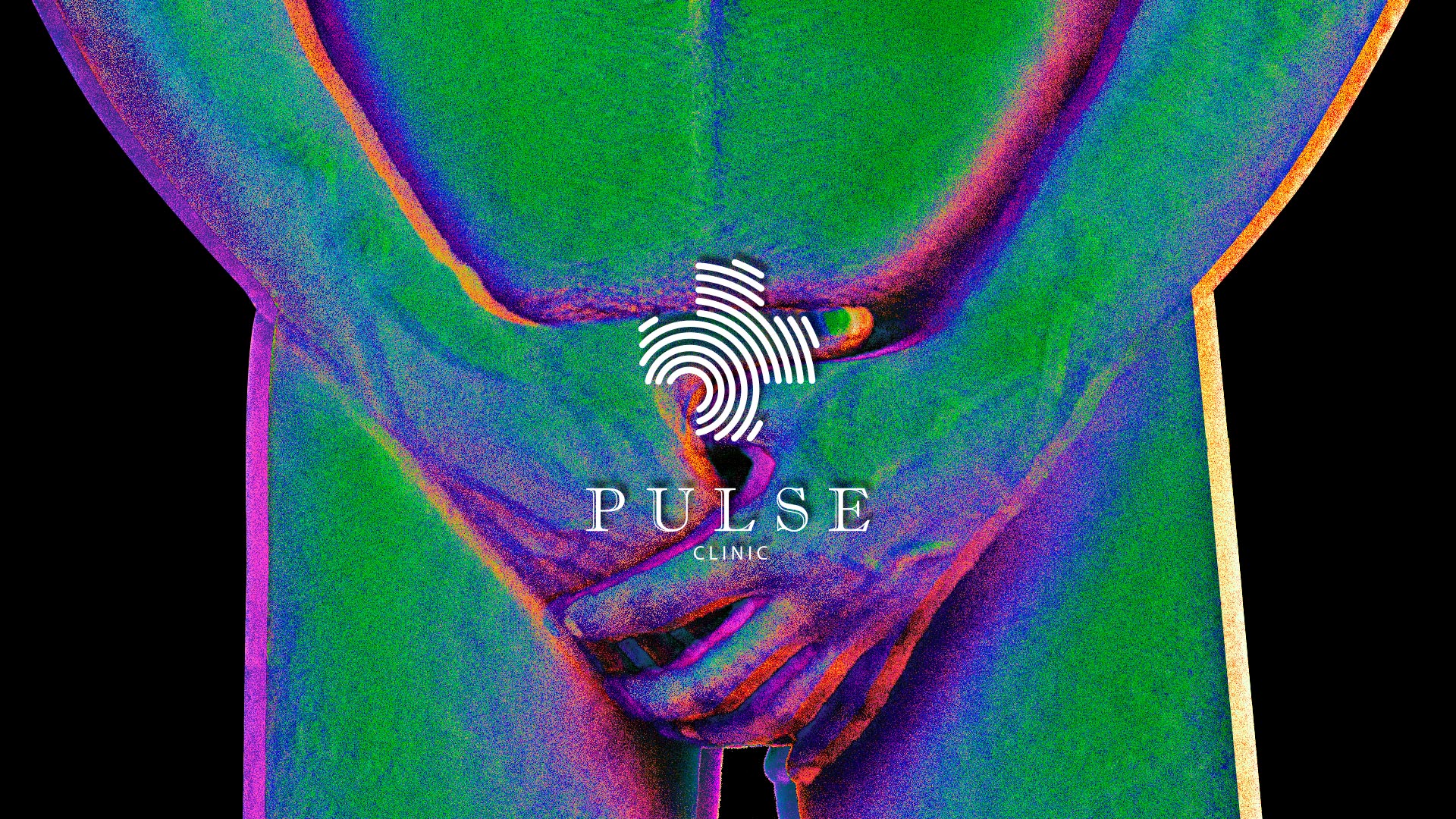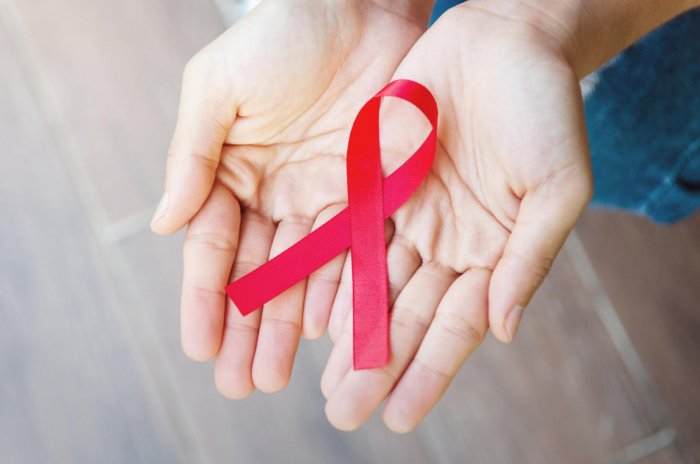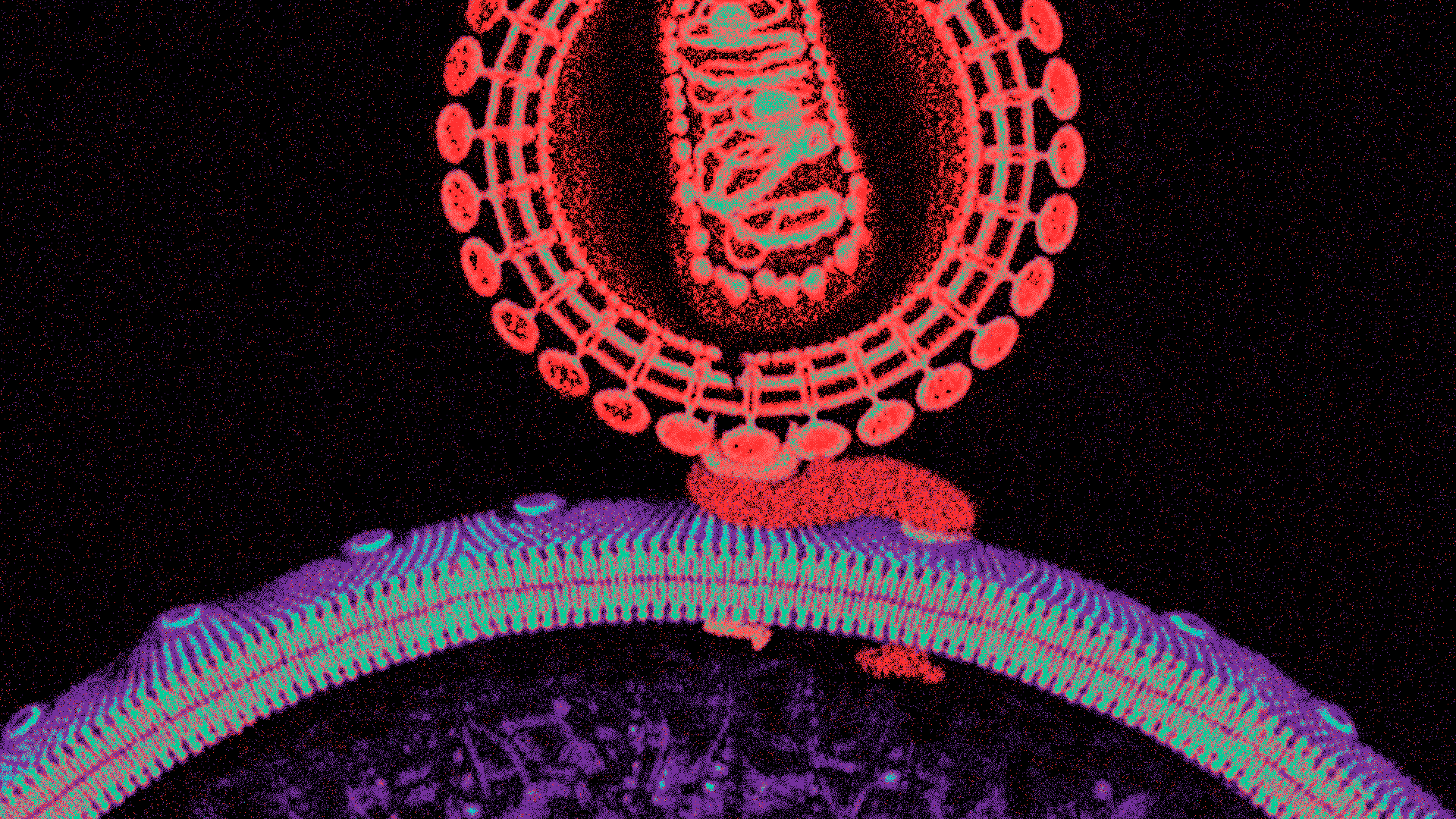Pain when you cum (Painful Ejaculation)
3628
Most frequently, the presence of dysuria reflects a urogenital infection such as urethritis, prostatitis, epididymitis, or urinary tract infection.

Pain when you cum (Painful Ejaculation)
Painful intercourse or painful ejaculation is the simplest way to describe this issue. While there are other terms like dysejaculation, odynorgasmia, post-orgasmic pain, dysorgasmia, and orgasmalgia, "painful ejaculation" remains the most straightforward term.
It's a relatively common but poorly understood phenomenon associated with sexual dysfunction. The prevalence is estimated to be between 1–10% in the general population, but it rises to 30–75% among men with chronic prostatitis or chronic pelvic pain syndrome.
The severity of painful ejaculation can range from mild discomfort to severe pain. This pain typically begins just before or during ejaculation and can last anywhere from 2 to 24 hours. It can be so intense that it leads to a loss of interest in sexual activity, leaving both you and your partner feeling dissatisfied and concerned.
Causes: why is it happening?
1. Infections and sexually transmitted infections.
Another common feature among all men, aside from our anatomy, is the prostate.
The prostate functions like a major hub through which semen flows, contributing to its movement. Now, imagine if this hub were congested due to inflammation and foreign bacteria invading; the thought alone is uncomfortable. Chlamydia is one STD/STI that can lead to prostatitis.
2. Stones
Stones that become lodged in the seminal vesicles, which are similar to the canals in our prostate town, can lead to severe pain and inflammation.
3. Nerve causes
Sexual neurasthenia is a complex term that simply refers to overly sensitive nerves that keep firing, leading to pain and fatigue.
4. Drugs
There is a slight risk associated with all antidepressants, including tricyclic antidepressants (TCAs, such as clomipramine, imipramine, desipramine, protriptyline, and amoxapine), selective serotonin reuptake inhibitors (SSRIs, like fluoxetine), venlafaxine, and monoamine oxidase inhibitors (MAOIs).
5. Prostate issues
The prostate can experience problems with its cells, including inflammation, prostate cancer, and benign prostatic hyperplasia.
6. Post operation
Prostate surgery, pelvic radiation, and hernia repair, among other procedures.
7. Psychiatric
Psychological factors can also contribute to painful ejaculations, particularly if the individual does not experience this issue during masturbation.
Idiopathic cases occur when there is no specific trigger for the condition.
What can doctors do for us?
A thorough medical and sexual history is crucial, along with a chronological account of events, to determine the cause of painful ejaculation. The type and location of the pain are also important; simply telling the doctor "it hurts" is insufficient.
The doctor will conduct a focused physical examination, which may reveal scars from previous surgeries or radiation in the groin area. Skin lumps and penile discharge could indicate sexually transmitted infections.
During a digital rectal examination, palpating a swollen and painful prostate may indicate acute prostatitis, while the presence of a nodule could suggest prostate cancer.
A urine test can confirm the location of a urinary infection and screen for Chlamydia and gonorrhea, helping to diagnose prostatitis. Additionally, a blood test measuring prostate-specific antigen (PSA) levels may indicate prostate issues if elevated.
Abdominal CT scans are rarely necessary, but MRI studies can be helpful in investigating pudendal neuropathy. However, in many cases of painful ejaculation, no obvious cause is found despite extensive investigation, placing them in the idiopathic category.
Treatment for painful ejaculation should be tailored to the underlying cause if identified. It’s important to remember that painful ejaculation should never be mistaken for a pleasurable experience with your partner.
Contact us at info.bkk@pulse-clinic.com or chat on your preferred platform:
![]() +66 65 237 1936
+66 65 237 1936  @PULSEClinic
@PULSEClinic ![]() PulseClinic
PulseClinic
Trust PULSE CLINIC to take care of your health like other 45000 people from over 130 countries. We provide discreet professional service with high privacy. Here to help, not to judge.
I have my prescription and I want to order now, TAKE ME THERE !
Loading...
Clinic Locations
Loading...







